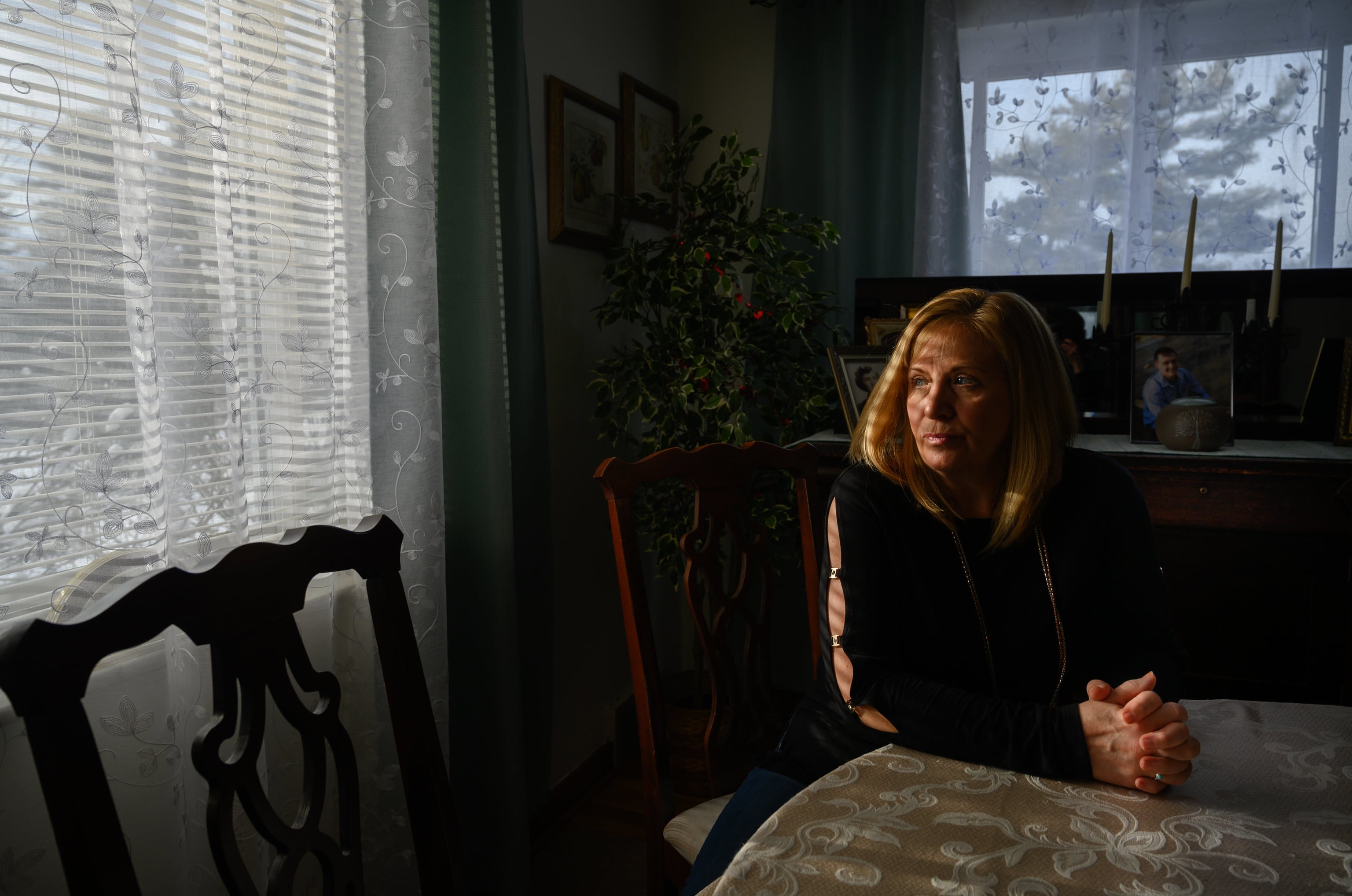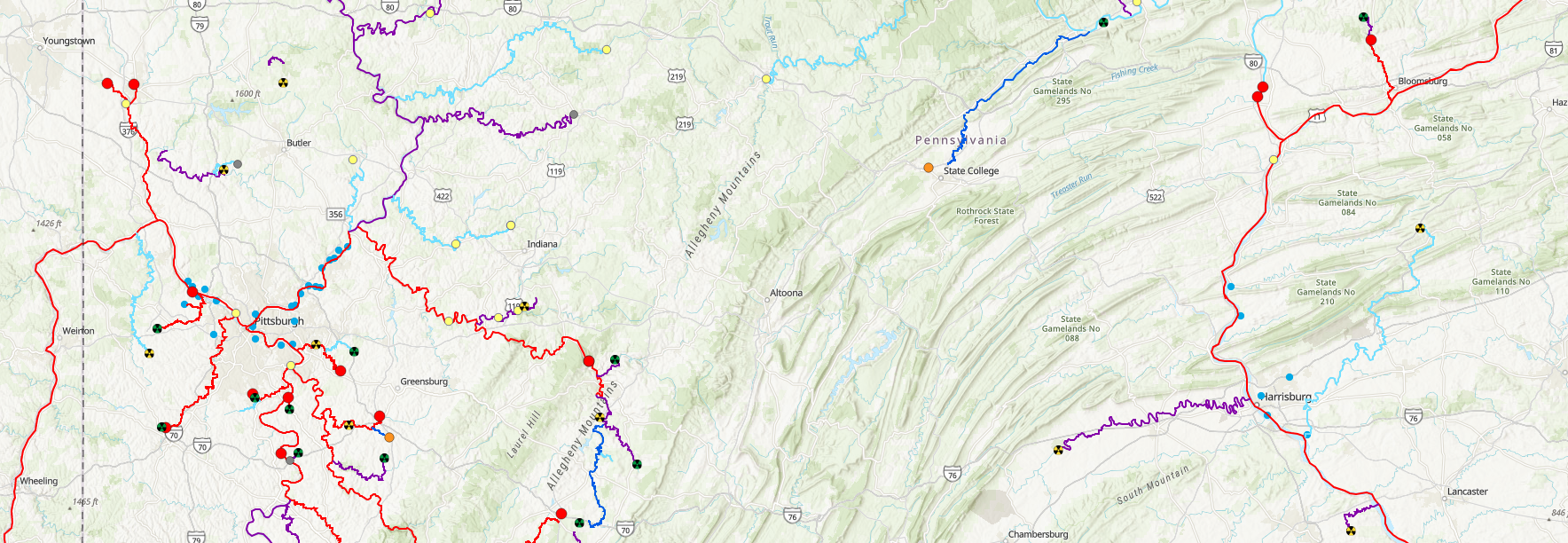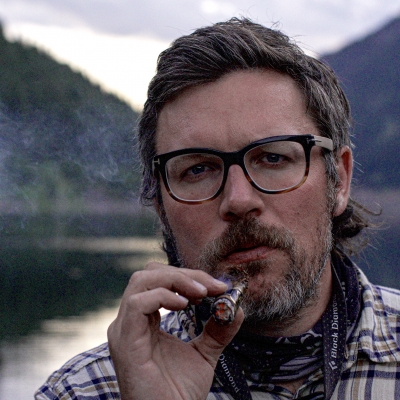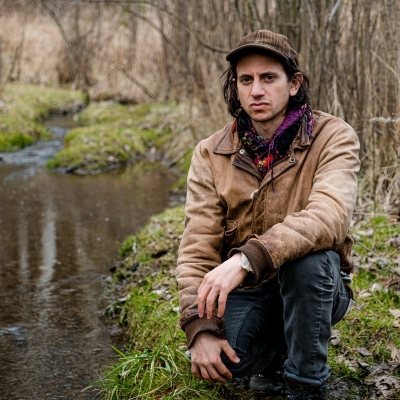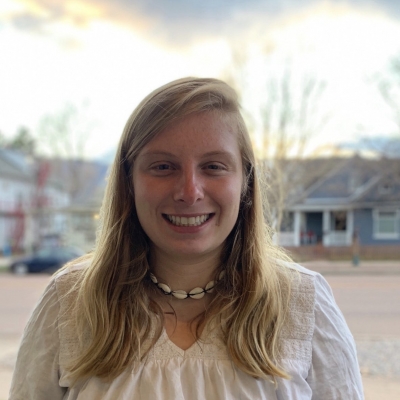DOH Continues to Dodge Health Impacts from Oil & Gas Radiation, Passes Study to the University of Pittsburgh
“I’m so fearful. What can we do? Who do we turn to? I really don’t believe there is anyone in the government to turn to,” says Janice Blanock, pictured here with her husband Kurt Blanock at their home in Washington County, Pennsylvania. © Nina Berman for Public Herald
DOH Continues to Dodge Health Impacts from Oil & Gas Radiation, Passes Study to the University of Pittsburgh
A PUBLIC HERALD EXCLUSIVE PODCAST
SUBSCRIBE
iTunes | Stitcher | Google Play | Podbean | Radio Public | Spotify | Castbox
DONATE
Public Herald is a nonprofit newsroom that holds those in power accountable. You can receive our latest breaking stories by subscribing to our newsletter or becoming a Public Herald Patron.
by Kristen Locy and Joshua Pribanic for Public Herald
September 7, 2020 | Project: newsCOUP, Radioactive Rivers
UPDATE: November 16th, 2020 | Department of Health responds to Public Herald
The following statement was sent by Nate Wardle from the PA Department of Health (DOH) in response to questions from Public Herald about whether TENORM (Technically Enhanced Radioactive Material) will be included in the childhood cancer study — but did not address our questions about TENORM:
The department released our Standard Incidence Ratio Results report in March of 2020.
Future research in the southwest will be done by an academic research institution that will be conducting epidemiological research on the health effects of hydraulic fracturing from Pennsylvania’s shale reserves.
This partner will be designing two observational epidemiological studies focusing on known, or suspected, health effects of hydraulic fracturing. The first study will exclusively investigate the relationship between hydraulic fracturing and the development of childhood cancers, such as Ewing’s Sarcoma, in Southwestern Pennsylvania. This will be a case control study and is likely to involve multiple years of PA cancer registry data, interview of cases and controls, and assessment of possible exposures.
The second study will be similar to earlier studies on acute conditions, such as asthma and birth outcomes, using data from Southwestern Pennsylvania. The study will utilize medical record abstraction, survey design and administration, development of a proxy oil and gas well exposure metric, and statistical analysis. At its conclusion, this study will be circulated for publishing in academic journals as well as a final public document to be published on the department’s.
It is the department’s goal through these studies to better understand both long term impacts and short term, acute impacts. Both studies are targeted for completion by December 2022 with periodic public updates throughout the study period. The department is working to finalize the details of this study as well as the agreements with the anticipated research partner and are eager to begin this important work to offer important information to residents living near drilling operations.
UPDATE: December 22nd, 2020 | Wolf Administration Awards $2.5 Million Contract to University of Pittsburgh to Research Health Effects of Hydraulic Fracturing in Pennsylvania
***
DOH Mission Statement:
“The mission of the Pennsylvania Department of Health is to promote healthy behaviors, prevent injury and disease, and to assure the safe delivery of quality health care for all people in Pennsylvania.”
DOH Does Not Take Radioactive Concerns From Physicians and Community Seriously
On June 21st, two local health advocacy organizations, Philadelphia Physicians for Social Responsibility (Philly PSR) and Environmental Health Project, were able to meet virtually with Dr. Rachel Levine, Secretary of the Pennsylvania Department of Health (DOH), to advocate on behalf of families regarding a cancer health study in the southwestern part of the state.
In the meeting, Dr. Levine revealed that the academic partner to conduct the controversial oil and gas health study will be the University of Pittsburgh.
Immediately upon hearing this news advocates for affected families requested a “process oversight panel” — but DOH denied the request.
The DOH study, prompted by rare childhood cancers in the county, will take an estimated three years to complete, at which time the DOH will consider whether it will respond and take action. This timeline allows the DOH to fallback on the unfinished study until 2023, as families wait to find out if oil and gas fracking is connected to the increase in childhood cancers.
Dr. Levine told the advocates in the meeting that there’s currently a lack of data to determine fracking’s connection to health impacts. She said for DOH to react to health concerns today, they would need “hundreds” of complaints of the same symptom from a specific location.
A recent Grand Jury report pointed to the fallacy in this “lack of data” reasoning: “Our government made no effort to gather the data and points to the lack of data as a reason for not concluding there is a problem. Meanwhile, we know that Pennsylvania families have been crying out to their government, and anyone who will listen, that fracking operations have made them sick. We heard many of their stories, and we find them credible.”
Sarah Rankin, a Public Health Nurse for EHP who attended the virtual meeting, responded to Dr. Levine’s viewpoint in an interview with Public Herald:
“Crossing that threshold of scientific evidence doesn’t seem necessary when people are experiencing health harms. Whether it is one person or thousands of people. We’ve talked to enough people on the ground, and that’s really what the Department of Health is not doing. So it seems negligent to us that that is their approach on that issue. There’s plenty of epidemiological evidence that living next to shale gas will increase your risk of many different health outcomes.”
“If an industry is emitting something harmful that’s resulting in people being harmed on the ground there needs to be a presence on the ground to investigate the situation, you can’t just put them into a pile and wait for that pile to get big enough to say, we’ve got to do something about this.”
Furthermore, Public Herald was told that DOH would leave looking into “waste streams” and, more specifically, radioactivity “up to the academic partner.” There is no indication the University of Pittsburgh will look into the issue of fracking-related radioactivity despite this being the primary concern of many residents.
Questions sent to the University from Public Herald about if the study will determine whether oil and gas was to blame for the childhood cancers, have not been answered. In press release on December 22nd, the DOH revealed the study will be conducted in two phases by the University of Pittsburgh but did not say TENORM (i.e. radioactivity) will be a priority:
Pitt Public Health will be conducting two observational epidemiological studies focusing on known or suspected health effects of hydraulic fracturing.
One study will be led by Dr. Evelyn Talbott, Dr.P.H., M.P.H., Professor of Epidemiology at Pitt Public Health and director of the Environmental Epidemiology section. She has over 35 years of experience conducting cancer and other health effects studies in southwestern Pennsylvania and abroad. Dr. Talbott will investigate the relationship between hydraulic fracturing and the development of childhood cancers in southwestern Pennsylvania.
“I grew up in Washington County, and one of my first epidemiology investigations at Pitt involved a health study of thyroid cancer among those living near a uranium mill tailings site,” Dr. Talbott said. “So this investigation holds both personal and professional significance to me. I am committed to community inclusion and openness as we go forward in our endeavor to learn the facts.”
The other study, led by the director of Pitt Public Health’s Center for Occupational Biostatistics and Epidemiology and Research Associate Professor of Biostatistics, Dr. Jeanine Buchanich, Ph.D., M.Ed., M.P.H., will aim to replicate earlier studies on acute conditions, such as asthma and birth outcomes, using data from southwestern Pennsylvania.
“As a lifelong resident of southwestern Pennsylvania with much of my research focusing on environmental health in the area, I am personally and professionally committed to a systematic investigation of the health effects of hydraulic fracturing,” said Dr. Buchanich.
The goal is for both studies to be completed within the next two years.
As part of the contract, Pitt Public Health will be producing public-facing summaries on a quarterly basis to keep the public updated about the research. They also will work to provide a study progress update at the end of the first year. At the conclusion of the project, a public meeting will provide information on the final outcomes of the research.
Janice Blanock, a Washington County resident who lost her son, Luke, to Ewing sarcoma – a rare bone cancer – in 2016, explained to Public Herald, “You know when I was a kid you didn’t hear people had cancer. But everybody, every time you turn around, It’s just everywhere. Something is not right.”
Janice explained she came to a realization about radioactivity and fracking after reading Public Herald’s Radioactive Rivers story: “Understanding how there’s all of this radioactivity in the earth, in the shale, but when we start pulling it up and putting it where we are, where human beings are, it can’t be good! I’m not a scientist, I’m not a doctor, but ultimately I believe you don’t have to be a scientist or a doctor to understand that. It’s common sense. You can’t live in a radioactive atmosphere and not expect there to be problems like we’re having.”
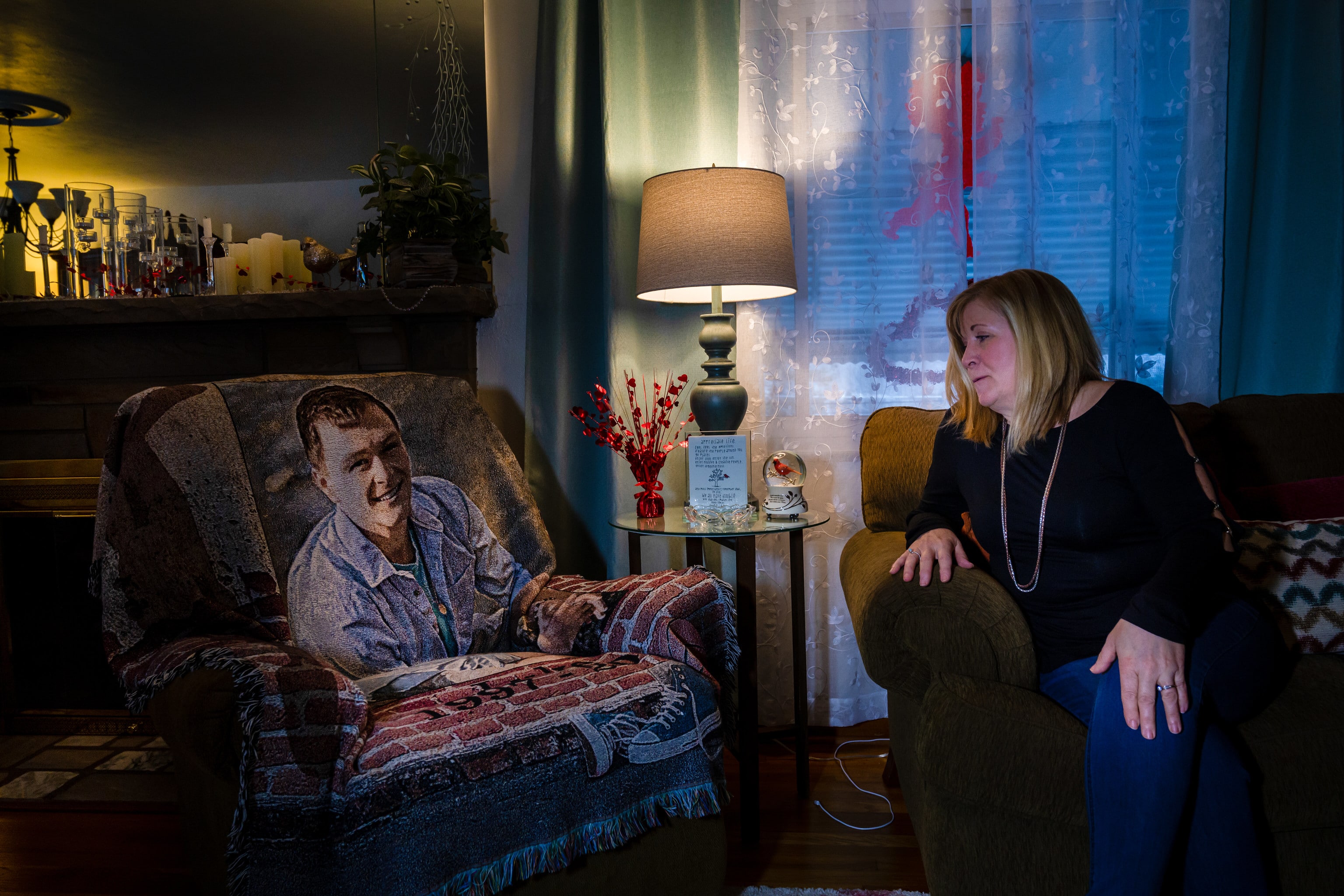
caption: Janice Blanock looks at a blanket with an image of her late son Luke Blanock, who lost his life to a rare childhood cancer. © Nina Berman for Public Herald
If you’re talking about fracking, you’re talking about TENORM, which is present throughout the fracking process in waste streams like pipe scale, sludge, drill cuttings, wastewater, and contaminated equipment. What starts as Naturally Occurring Radioactive Material (NORM) contained deep beneath the Earth’s surface is brought to the surface by fracking and concentrated into TENORM.
Brought to the surface right where families like Janice, live.
Research has found exposure to high levels of radium is known to cause malignant bone tumors, such as childhood bone cancer, but there are no health studies on radioactivity and fracking.
To local families, the horror of making this connection was only exacerbated by the fact that both the industry and government have known what was going on the whole time, and have simply turned a blind eye to TENORM.
Janice said she called and sent emails but never received a response from the DOH as to whether the study would make TENORM a central focus. Meaghan Abbott from DOH said she “missed” the messages and will “reach back out.”
“It’s just a run around,” explained Dr. Ned Ketyer, a Pediatric Physician and Medical Advisor for EHP, “What they are doing is just running out the clock. Because Governor Wolf is going to be gone in two years, and Secretary Levene is going to be gone in two years. And they’re not going to have to answer to the study’s report. Frankly, the studies are probably not going to answer very much; they’re not going to get any causative data that people might be wanting. You’re going to get more circumstantial evidence, maybe. You’re going to get a lot of fluff, and you’re going to get a lot of doubt. And you’re going to have all the ‘merchants of doubt’ coming out, and they’re going to point to all the limitations because every study has limitations. And it’s not going to determine anything. And by that point, the Governor is going to be out.”
“Something is Wrong”
A series of investigations in the Spring of 2019 by David Templeton and Don Hopey for the Pittsburgh Post Gazette confirmed something that had been gnawing in the back of the minds of many residents of Southwestern Pennsylvania.
There seemed to be an unusual amount of rare cancers in young people in the area.
Southwestern Pennsylvania is home to the remnants of two centuries of heavy industry, but now it is also one of the most heavily drilled parts of the Marcellus Shale region. Yet, as Pittsburgh has been named one of the county’s “most livable cities,” the counties surrounding Pittsburgh are now bustling with both young families in housing developments and “frack” pads scarring the rolling hills.
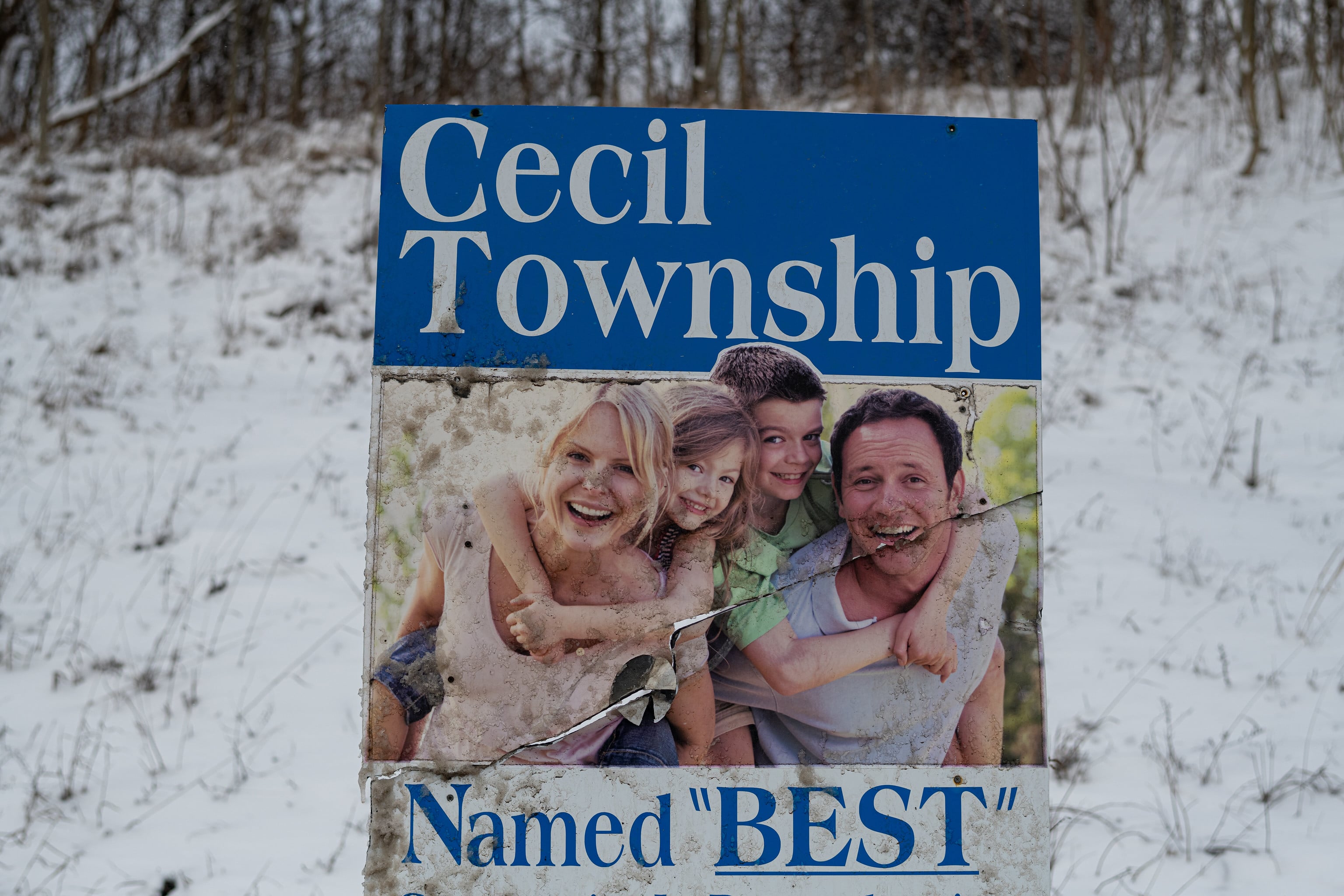
A sign in Cecil Township, Washington County advertising the area as the “Best Community in Pennsylvania to raise a family, and 8th in the nation.” © Nina Berman for Public Herald
The Post Gazette investigation found 27 cases of Ewing sarcoma in the Pittsburgh area between 2008 and 2018, rare cancer that generally only has 250 cases in the US per year. Six of those cases, including Luke Blanock, have been in the school District of Canon-McMillan – a quiet area on the edge of Pittsburgh’s suburbs that has been at the heart of the Pennsylvania “fracking boom” – even housing the regional headquarters of the drilling mogul Range Resources. Numerous other rare cancers in children and young adults are dotted throughout the rural counties surrounding Pittsburgh.
Residents in Southwestern Pennsylvania, especially in the Canon-McMillan school district, began to organize and call for the State to investigate whether their area has a “cancer cluster.” The CDC defines a cancer cluster as: “greater-than-expected number of cancer cases that occur within a group of people in a geographic area over a period of time.” Yet, it is incredibly rare for a government agency to declare a cancer cluster. According to the National Cancer Institute, “One review of 576 cancer cluster investigations conducted over 20 years found that for only 72 of the apparent clusters could an increase in cancer rate be confirmed. Only three of the 72 clusters could be linked to possible exposure, and in just one case was a clear cause identified.”
In response, State Representatives Tim O’Neal and Jason Ortitay asked the Pennsylvania Department of Health (DOH) to determine if there was a cancer cluster in Canon-McMillan. DOH evaluated their cancer registry data and concluded that there was no “cancer cluster” in Canon-McMillan. A day later, a “closed-door” meeting was planned with doctors from the healthcare behemoth UPMC and the two state representatives. Representatives O’Neal and Ortitay – as evidenced by their past careers, voting records, and campaign finance – have close ties to the oil and gas industry. Meanwhile, local families affected by Ewing sarcoma, including the Blanocks and Bartons, were calling for the oil and gas industry to be investigated as an environmental factor in a cancer cluster investigation. The families were only allowed to join the meeting after the community demanded they be allowed a seat at the table.
The Representatives then declared they had secured $100,000 to study the genetic, not environmental, causes of Ewing sarcoma with UPMC. They also offered free “radon test kits” to residents. This total disregard for concerns about the growing oil and gas industry in many residents’ backyards – as childhood cancer seemed to be growing more and more common – only made residents more impassioned.
Meanwhile, that August, Public Herald released its initial “Radioactive Rivers” investigation, which revealed that radioactive landfill leachate was being improperly treated by sewage treatment plants and discharged into rivers across Pennsylvania. The report found there are 30 landfills in Pennsylvania who are actively storing TENORM from fracking waste.
One of the 30 landfills is next to the schools, streams, and county fairground where Ewing Sarcoma cases have occurred. The dump site is infamously known as “Mt. Arden” or “Mt. Trashmore.”
Public Herald’s TENORM Leachate Map illustrates where (in red) TENORM from fracking is escaping into public waters, and where (trefoil symbol) it’s being stored in Pennsylvania. Map created by NOVARE Collective using Fractracker’s 2019 version and Public Herald’s research. Click for interactive map »
Arden Landfill, or Mt. Arden, in Washington County, has accepted 1,297,000 tons of solid waste generated from Pennsylvania oil and gas wells between 2011 and 2018. Almost all of that waste came from fracked wells in the Marcellus shale, which, according to the best U.S. Geologic Survey reports and data, has a radioactive signature — i.e. TENORM, consisting mainly of Radium-226.
Without any health studies about the risks of a community living next to a landfill which stores large amounts of TENORM, one documentary “Atomic Homefront” has captured a fight in Missouri over a TENORM waste dump site.
In the film, Dawn Chapman, a mother who started the group Just Moms, says “My message to other moms who find themselves in a similar situation – you have to be your own superhero.”
Be Your Own Superhero
In early October 2019, due to the demands of residents, DOH held a community meeting at Canon McMillian High School to explain the results of their “no cluster” determination. Residents called for DOH to include three local young men affected by Ewing sarcoma who were left out of the study. Two young men were battling Ewing at the time of the meeting, Mitchell Barton and David Cobb, and one, Kyle Deliere, had passed away in 2013, and his address was misrepresented in the cancer registry.
DOH never updated their report to include these cases.
DOH representatives told the public that while they found a 125% increase in bone cancer prevalence in the area since 2005, there was no reason to be alarmed.
Heaven Sensky, a Washington County community organizer, explained the evening, “Concerned parents and those who have experienced loss lined up with a series of questions for the DOH, in an effort to show that we are not only angry and disheartened by the wall we seem to be running against, but that we are afraid. The DOH told us they wouldn’t answer any questions that were not specific to the research they conducted. I suppose this was their way of saying ‘no fracking concerns.‘”
Janice Blanock explains realizing when something “wasn’t right” in her small community:
“Initially I never thought anything about the cases of Ewings, there was a boy in our church that we prayed for, Kyle Deliere, I just knew he had cancer, I didn’t even know what type of cancer he had, and then, when Luke was diagnosed, I met a woman at the hospital who still kept in contact with the nurses who her son had passed from Ewings and his name was Curtis and he lived right up the road. And still, I never thought, wow, there is something happening. Because they said, this is just a rare cancer.
But when I got a call from my friend that Mitch Barton, a boy that played ball with Luke, that went to the same high school as Luke, I know his family, they know our family, I’m like – are you kidding me? There has to be some underlying cause.
You can’t give me that analogy of I’m going to throw up 200 pennies, and some of them are going to land together. It’s unacceptable. Something is wrong. Just the idea that the government can just turn their head and pretend like everything is okay. It’s just not acceptable.”
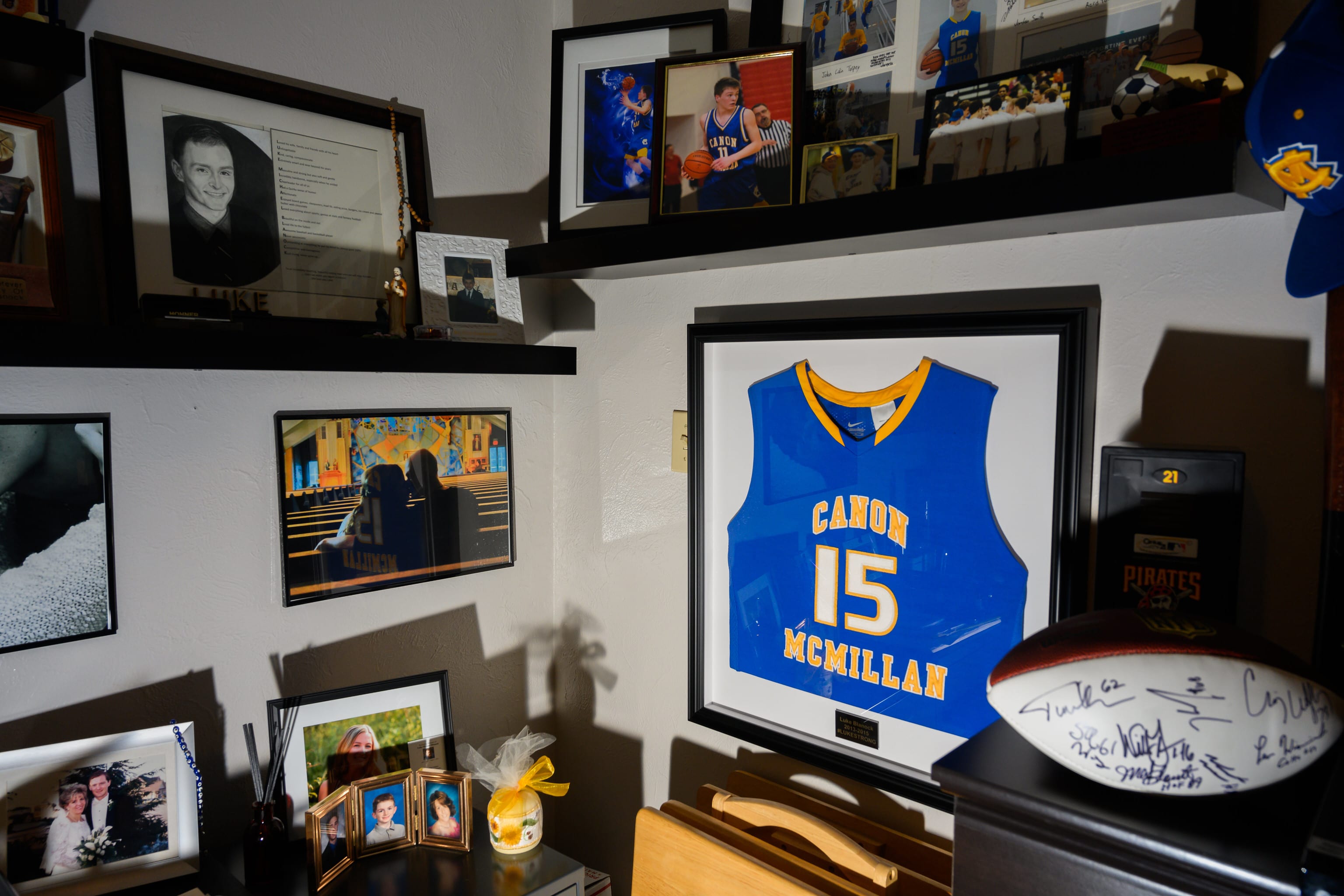
caption: A room dedicated to the late Luke Blanock who lost his life from a rare childhood cancer. © Nina Berman for Public Herald
Pleading the Governor
On a dark and cold November morning in Canonsburg, a group of residents and advocates, including the Blanocks and Bartons, who had been affected by rare cancers in SW PA, got on a coach bus to travel across the state to Harrisburg. The families were told they had a meeting arranged with Governor Wolf to express their concerns. However, when the time came to meet with the Governor, the families were told he was unavailable. The families refused to give up and stood in his office wing door, and one at a time pleaded for the Governor to hear their stories. Eventually, he came out of a back office door to listen briefly to the families’ concerns.
Three days later, on November 21, the State agreed to fund two studies, conducted by an undisclosed academic partner, over the course of three years to investigate possible links between fracking and adverse health effects.
With this news, local families and advocates were eager to talk to DOH to ensure this study that they fought so hard for would be done with the community’s desires and concerns at the center of the investigation. PA Secretary of Health, Dr. Rachel Levine, told NPR, “We take the concern expressed by the families … very seriously.”
In a February interview with Public Herald, Janice Blanock explained: “You know we reached out to Governor Wolf and he promised us this environmental investigation, and we’ve heard nothing. I reached out [to DOH] by email. I called several times. I’ve never heard anything since then. Even if you tell me, nothing is happening yet, we’re still in the process of looking, but tell me something. I’m really disappointed.” As of July, Blanock had still not received a response from DOH.
43rd Grand Jury: “DOH Inaction Upended Lives and Damaged Health”
On June 12th, Pennsylvania Attorney General Joshua Shapiro released the Forty-Third Statewide Investigating Grand Jury report on the failure of the Pennsylvania Government, specifically DEP and DOH to protect Pennsylvania citizens from the adverse effects of the natural gas industry. The report stated:
“Throughout our investigation, we heard Pennsylvanians express a sense that their government failed to acknowledge what they were experiencing because of shale gas operations occurring near their homes and in their communities. Accompanying this lack of acknowledgment was a lack of action, which fostered a feeling of hopelessness and distrust in their government. We find that DOH’s response – or rather lack of response – during the rapid expansion of the fracking industry contributed significantly to the pervasive sense of despair felt by so many people whose lives were upended, and health damaged, as a result of industry activities.”
As fracking boomed throughout Pennsylvania, DOH created a “doomed” effort to register fracking-related health complaints that entered a virtual “black hole” where nothing was ever done about these complaints. As explained by the Grand Jury investigation:
“. . . the Department was not offering answers or solutions to their problems. People were not eager to spend upwards of an hour completing a detailed health survey when DOH had little assistance to provide them in return. We find that DOH’s response, or in reality lack of response, contributed to citizens’ feelings of hopelessness and created a lack of trust in the government that should have been interested in protecting them.”
“DOH has received an average of one complaint per month since establishing the
enhanced registry in 2017. As of DOH’s last report issued for 2019, the registry includes 164 inquiries related to fracking since March 2011. Of these 164 inquiries, only around 120 constitute specific complaints of fracking activity affecting someone’s health. Most of these registered complaints carried over from the Word document dataset maintained by prior administrations, which gathered less data than the current registry. So, over three years the enhanced registry gathered around three dozen complaints.”
Furthermore, DOH primarily relies on DEP for referrals of oil and gas-related health complaints. In 54 complaint reports where health problems were explicit, there’s no instance of DEP forwarding a complaint or telling a complainant to call the DOH. In the Grand Jury report, a contractor who administers the DOH fracking health registry testified, ‘it was “perplex[ing]” how DEP had received thousands of complaints in relation to fracking activity, while DOH had registered only around 120 total health complaints.’ There’s no single record from the DOH that proves the agency has performed a health-related investigation in the 16 years of oil and gas complaints being reported.
Environmental Health Project is a small nonprofit focused solely on the health impacts of shale gas development. They were formed in 2012 in direct response to frontline communities and families needing help and guidance when it was apparent that the government agencies were lacking. The Grand Jury confirmed that EHP did a better job of gathering health data, assisting residents, and “protecting public health” than DOH. This shows that DOH did not merely have a lack of resources or experience, they had a glaring lack of will to protect the well-being of Pennsylvanians.
The Grand Jury Report concludes:
“Most significantly, our government — including its Department of Health (DOH) — does not recognize that fracking operations harm public health, citing insufficient research on the issue. However, the absence of such research, at least in part, is due to DOH’s own failure to inquire into the matter over the past decade. This “wait and see” approach facilitates placing the health risks of the shale gas industry’s operations on every day Pennsylvanians. We find this status quo unacceptable.”
“We are disturbed by the long-standing approach by our government to ignore or reject information that substantiates the health and environmental harms of shale gas operations.”
Continuing a Culture of Complicity
Despite the DOH meeting coming shortly after the damning Grand Jury report, the DOH seems to have made little effort to make it a higher priority to listen to the concerns of residents and health experts.
“It’s not a political issue, it’s a complicity issue.” expressed Dr. Ned Ketyer, “The governor is complicit. Secretary Levine is complicit. Secretary McConnell and Deputy Secretary Perry are all complicit in the damage that has happened to public health. People were screaming that they weren’t being heard. And yet, there was no change in culture. There was no effort to change the culture in government and to change protocols and policies.”
There has been no call for the dismissal or resignation of any of these leaders who have allowed this culture of complicity and therefore harm to Pennsylvania residents, to occur at the hands of a major industry.
PSR’s Medical Advocacy Coordinator Laura Dagley says the DOH has dropped the ball. “There is a decade of literature and studies that increasingly show health impacts from fracking. While direct causation has not been proven — an almost impossible thing to prove in environmental exposures — there is certainly enough evidence that already exists to take action to protect residents and follow up on health complaints.
“Announcing a three-year study, followed by stating no action can be taken until the study is complete or x amount of complaints are called into the DOH, is negligent. This is at best lazy, and at worst, it reflects a pattern of the PA government to kneel before a toxic industry rather than do everything in their power to ensure the health and safety of the people, the exact task the DOH has been entrusted with.”
No Certain Future
“We’re just all waiting. And the people in this community are really worried. I mean, just real parents are really worried. And I think that there’s been a failure to appreciate that people are concerned about their health-related to this industry, and they’re being lied to. They’re being gaslit by the wrong people,” Dr. Ned Ketyer continued in an interview with Public Herald.
Janice Blanock expressed, “I’m so fearful. What can we do? Who do we turn to? I really don’t believe there is anyone in the government to turn to.”
Heaven Sensky, in a press release between PSR, EHP, and the Center for Coalfield Justice (CCJ), explained: “Without any promise of actual protection or guidance, the burden continues to be on the impacted communities to advocate for themselves.”
Janice Blanock expressed to Public Herald her reluctance to be a so-called environmental activist, “I would’ve never chosen to do this. But here I am. And I will continue to speak out if for no other reason than for my son. But not even just for my son, for all of us. For all of our kids. And our grandkids. So here I am. Another accidental activist.“
